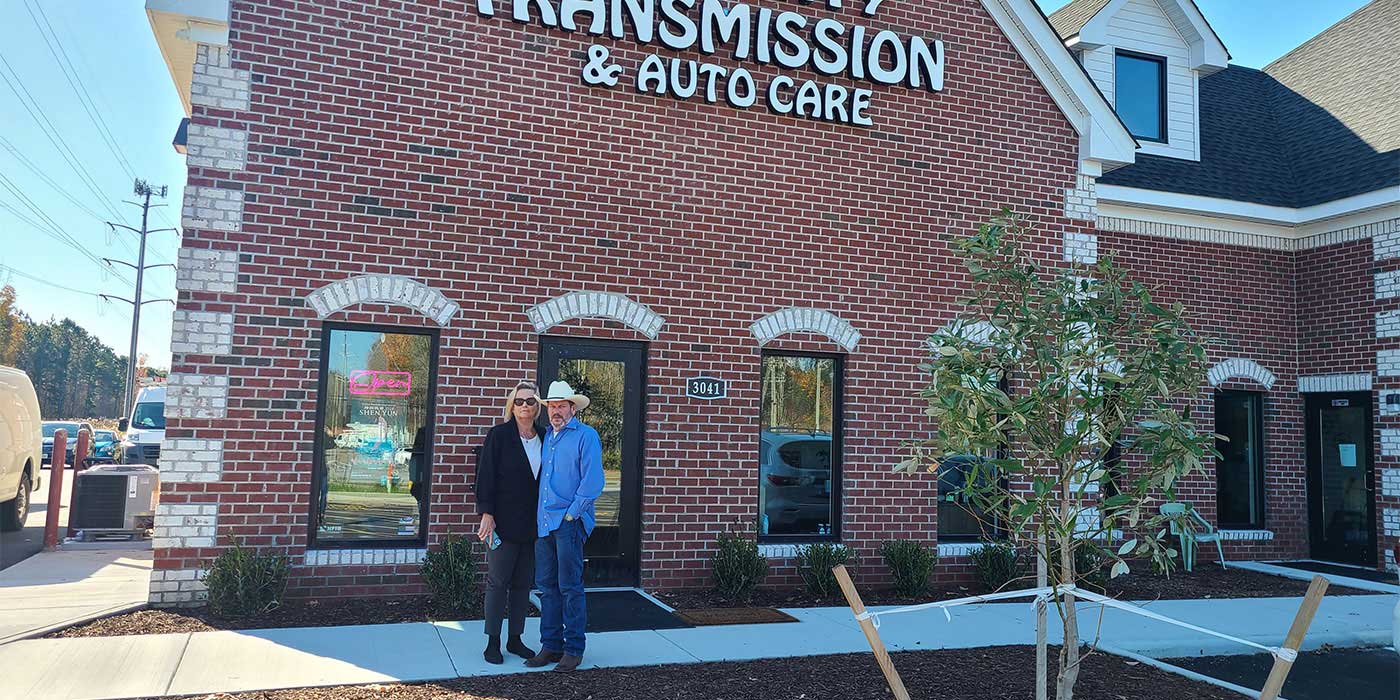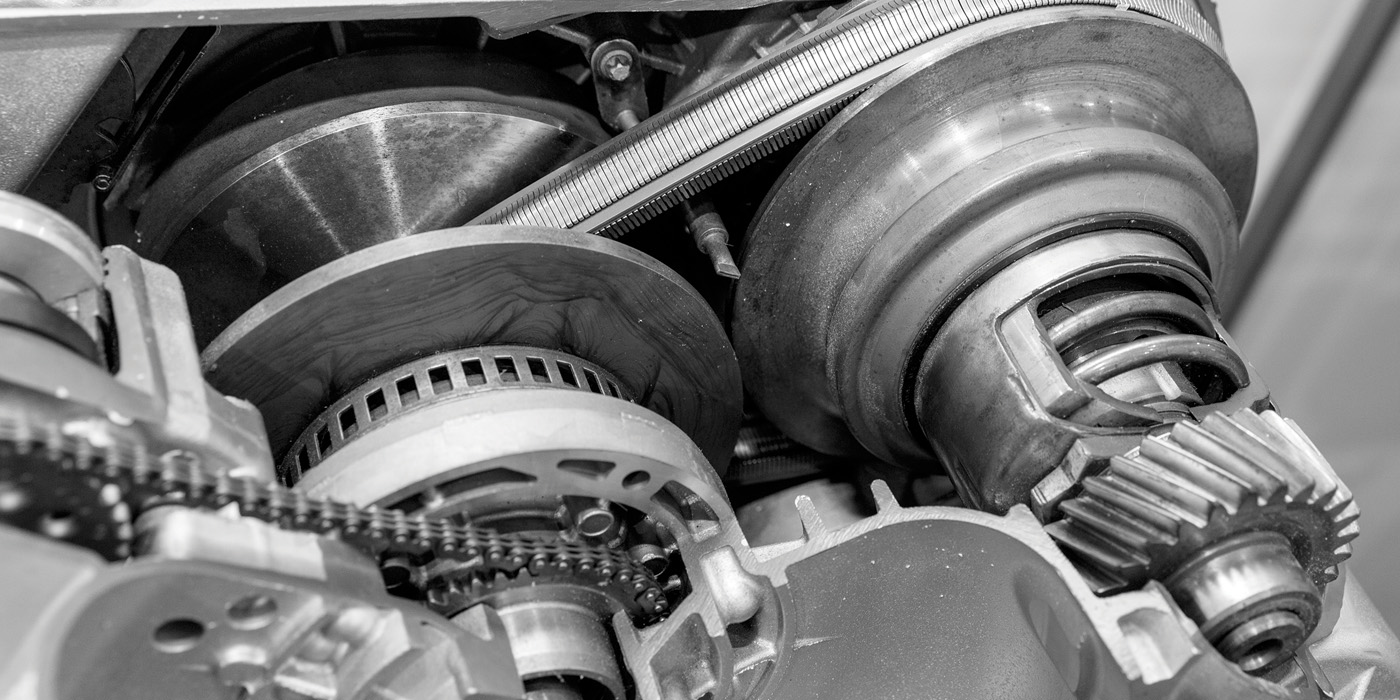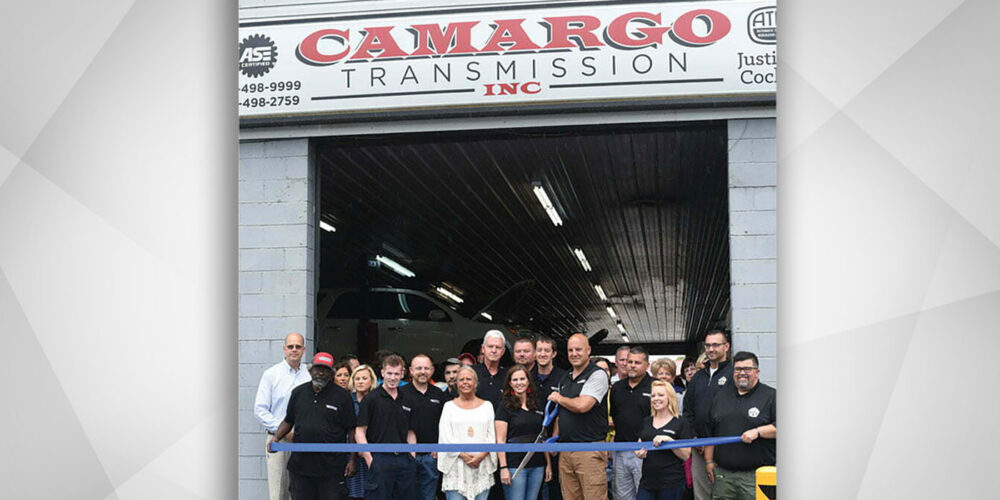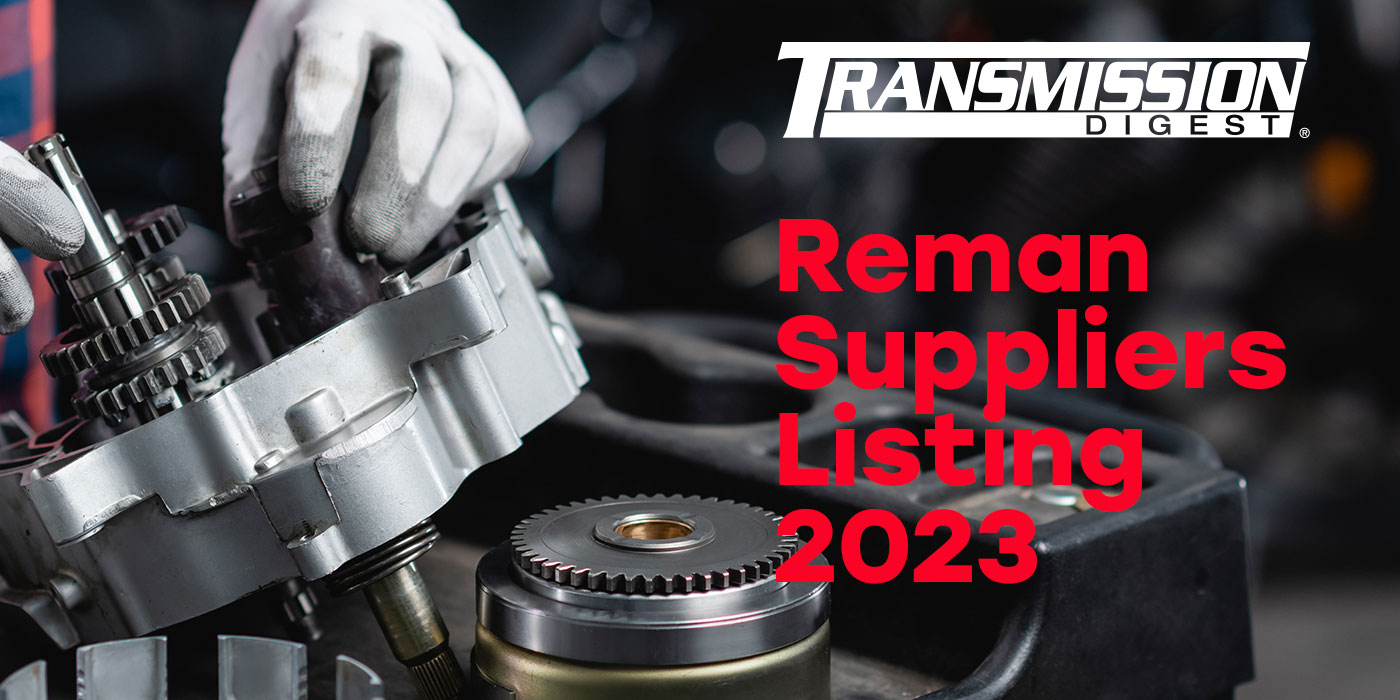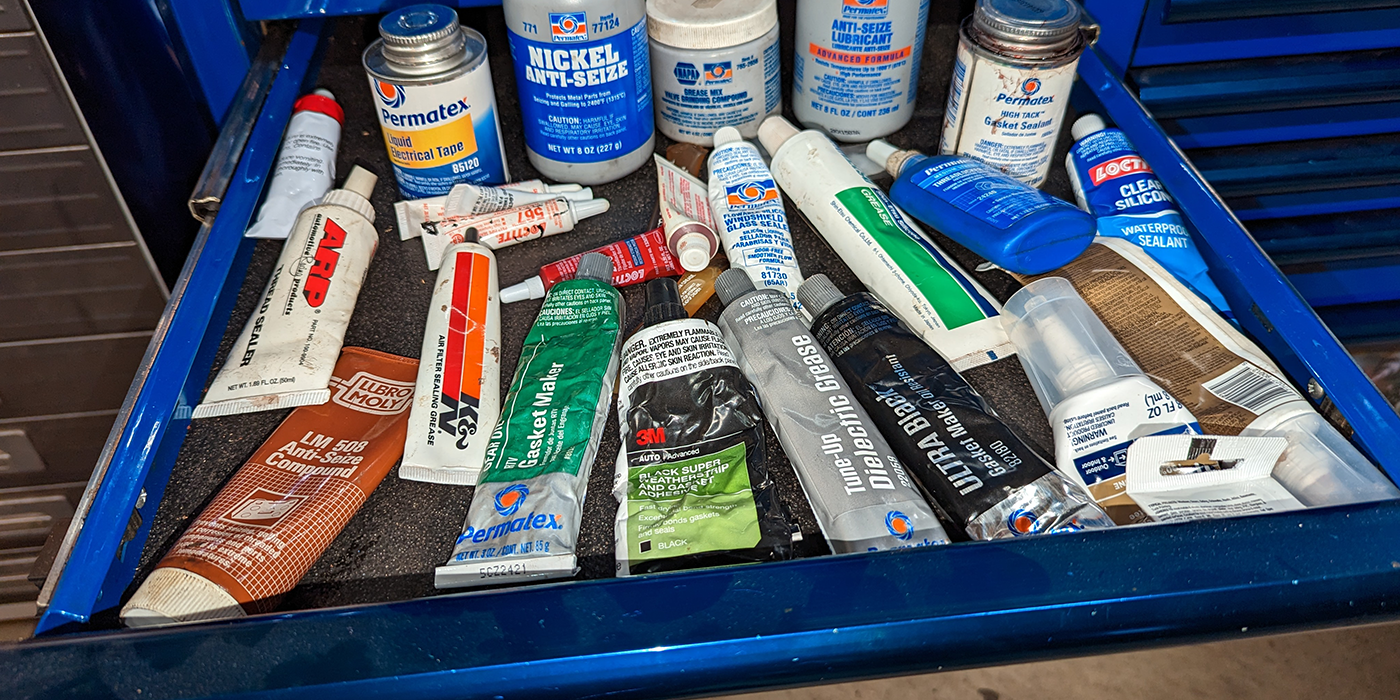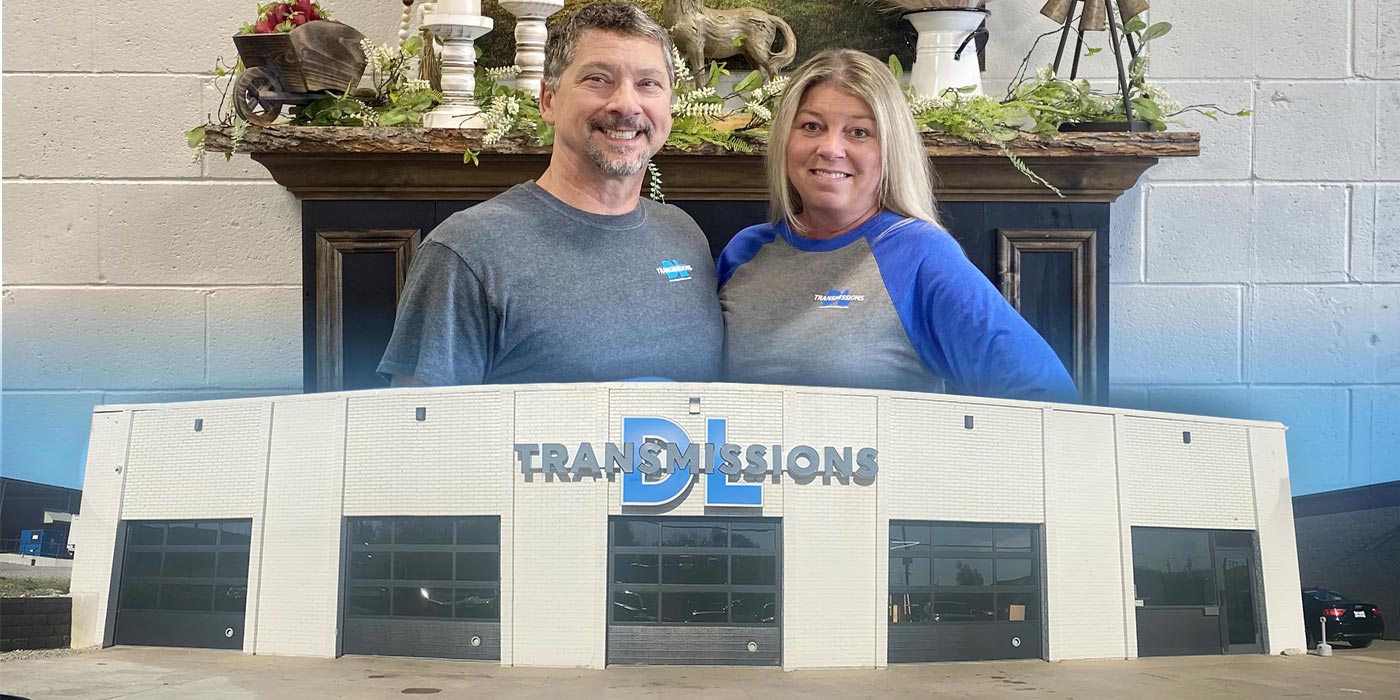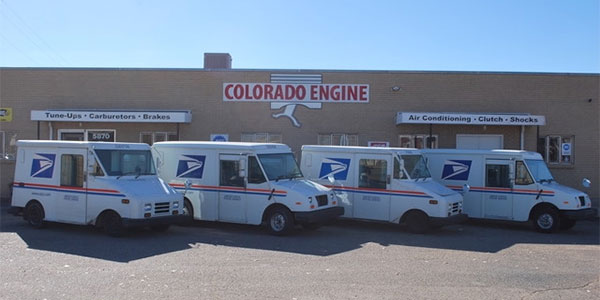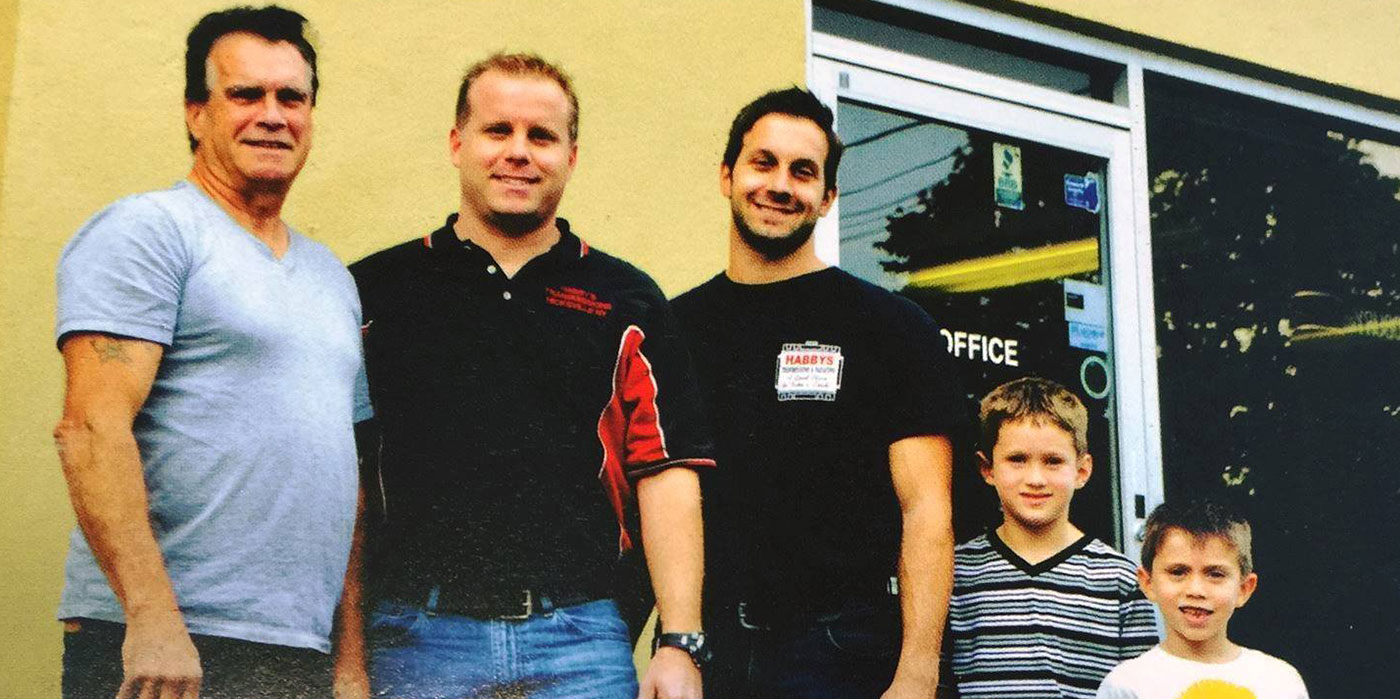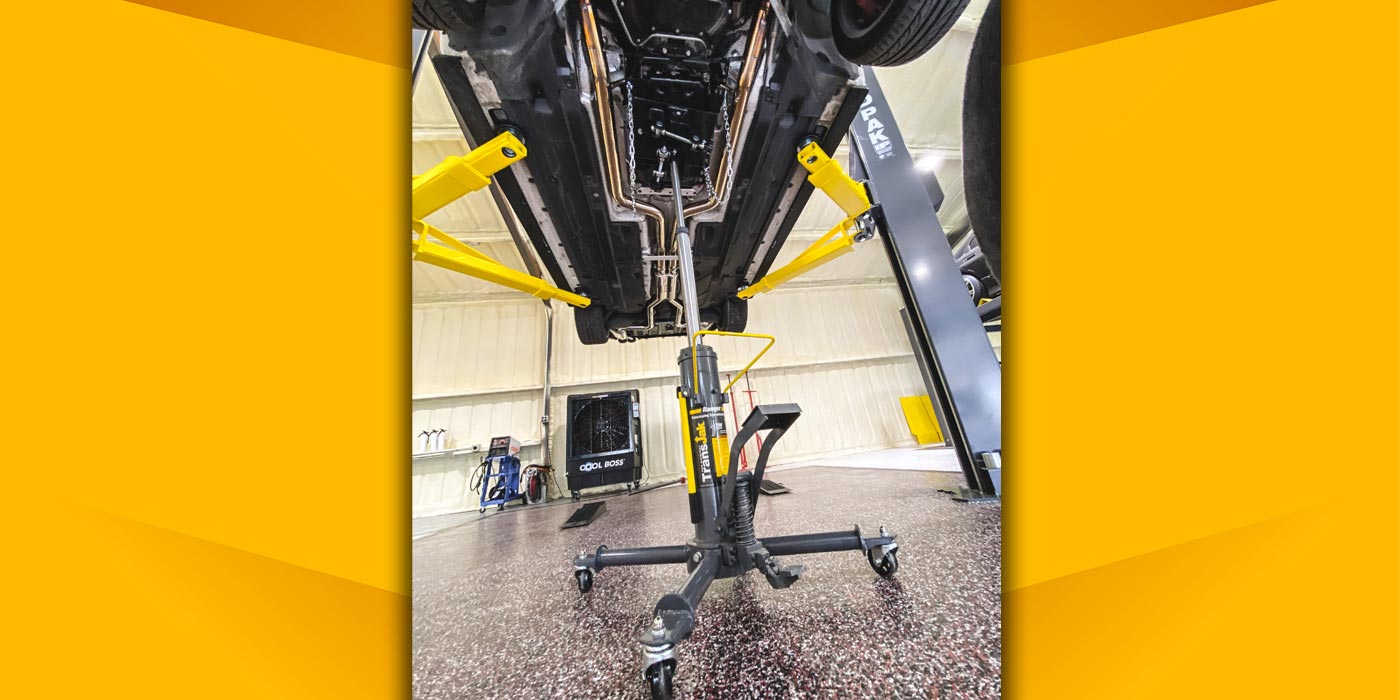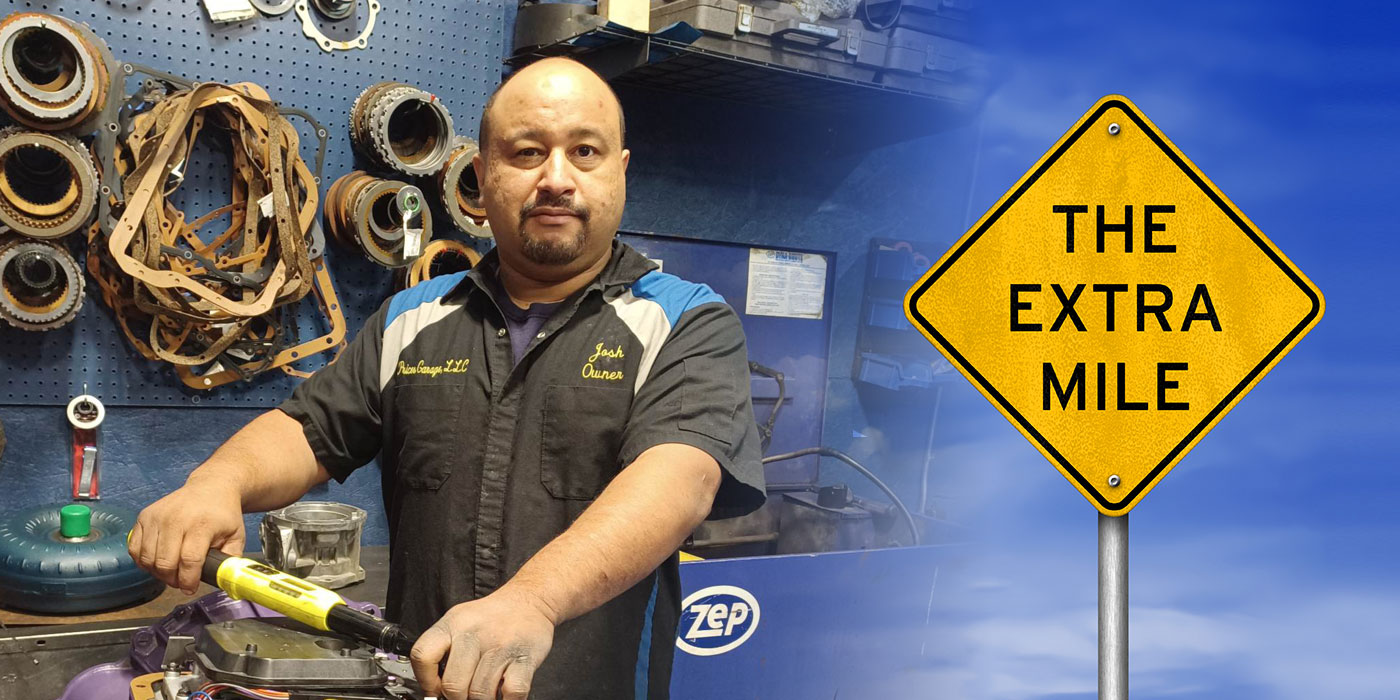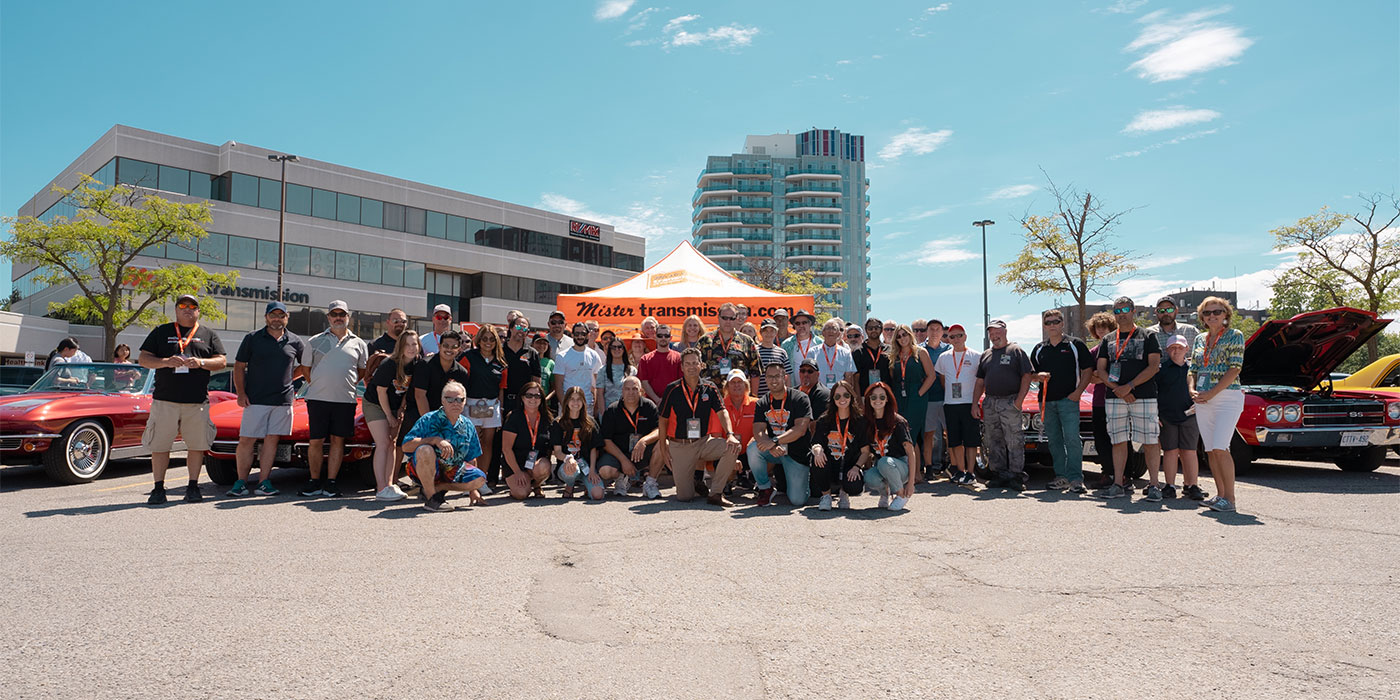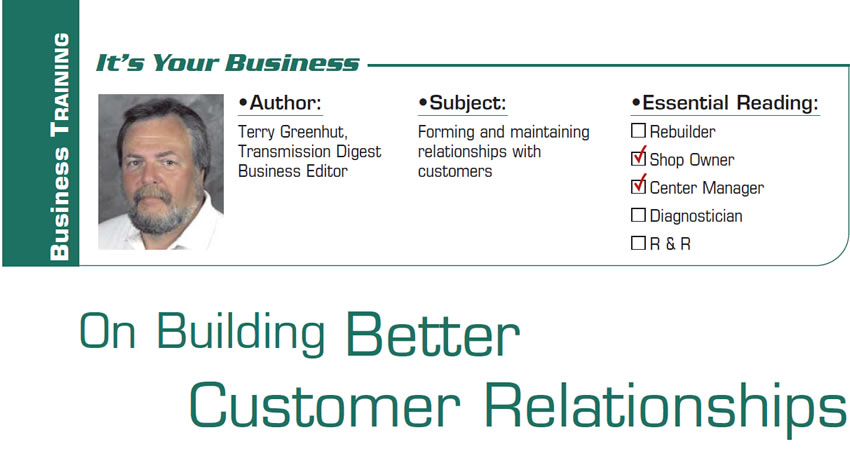
It’s Your Business
- Subject: Forming and maintaining relationships with customers
- Essential Reading: Shop Owner, Center Manager
- Author: Terry Greenhut, Transmission Digest Business Editor
Not very many years ago the business world seemed to be in full swing. Anyone who wanted to put forth even a minimal effort was making money at one thing or another. Jobs were plentiful – to the point, in fact, where many could not be filled. Compared with now it was relatively easy for us to sell our services and repairs, because the motoring public had readily available funds or the credit they needed to secure them.
Then, in the blink of an eye, everything changed; the stock market plummeted, companies cut way back on staff and a lot of our work went overseas. We were, all of a sudden, faced with the possible end of middle-class prosperity as we had known it since most of us were born.
Many small businesses closed their doors, especially retail operations that relied upon impulse buying and their clients’ celebration of good fortune. Most of us in the automotive trades were lucky. Except for those who refused to change anything and chose to go down with the ship, we survived. Now the question becomes: Is surviving enough? Is that all we can hope for in times like these, or can we prosper in this new and very different business climate?

Selling, under the best of circumstances, has never been easy. Now its degree of difficulty has multiplied because of several factors.
- 1) Trust or the lack thereof: It was never easy for customers to trust us. We have been selling them the “Black Box” or what’s inside it for decades, meaning that they never did really understand it. All they knew was that they needed their vehicles and we could make them work properly again. If they didn’t fully trust us they took a bit of a gamble, figuring that all they could lose was a little money if it didn’t work out. Today any money they lose can be devastating, so they are a lot more careful about whom they give it to and exactly for what.
- 2) Lack of money or credit: Even if customers are willing to pay what you ask it doesn’t mean that they have or can even put their hands on that amount of money.
- 3) Low-priced competition: Even in the best of times there are low-ballers who don’t know the value of their work and are willing to give up profit for volume thinking they are making money, but in times like these even some of your legitimate competitors can begin to think that lowering prices is the way to attract new customers, and they might be right. It can attract bargain hunters but it doesn’t mean they will be successful. When consumers are struggling they look for bargains. They will, at times, convince themselves that the low-ball price they see in an ad will get them what they need, or they think: “How bad can it be? After all, it’s just a brake job or an oil change.” They don’t find out until later on how bad it really can be.
Although we can’t do very much about a customer’s lack of a steady job or discretionary income and we can’t keep our competitors from sometimes charging ridiculously low prices, we can take a different and more-personal approach to doing business. Customers need an iron-clad reason to trust us and be willing to pay us more for a service on which they can depend.
The answer is in the relationships we form and maintain with our customers. These relationships must be based on mutual benefit. It does no good if they are one sided with one party or the other always winning.

For example, several years ago at a local gasoline retailers meeting I overheard one general-repair-shop owner telling another how upset he was with the transmission shop to which he was farming out work. He said that never in the five years he had done business with them had they found anything they could repair on a transmission short of putting in a complete rebuilt with a converter.
Might every one of those vehicles have needed a rebuilt? Maybe, but the perception on the part of the customer was that somewhere along the line he should have gotten a break of some kind. It might even have helped if the transmission-shop owner had contacted him and said something like: “Hey, man, “I’ve been looking through our records and I’ve noticed that all the jobs we’ve done for you have been majors. I’m really sorry you haven’t been able to catch a break. I’ve also noticed that you average about an overhaul a month with us and I’d really like to acknowledge your loyalty by giving you your next basic overhaul, soft parts and labor, free of charge.” The trick here, of course, is in the timing. This needs to be done sometime before the customer loses faith and tries someone else because, as we all know, it’s very hard to get an account back once you’ve lost it.

How do you know how solid your relationships are with your customers? How about asking them? No, you can’t just say, “How’s our relationship?” You’d sound like a total dork, but you can ask questions that allow customers to tell you what you’ve done right and wrong and how they think you might improve the way you take care of them.
Be specific. If you ask only, “How was everything?” most people will just say, “Oh, it was OK.” That doesn’t really tell you anything that would either help you improve the shop generally or help your relationship with that customer. By being specific you can find out exactly what either upset this customer or needs general improvement. You might even find out something new that they liked about the experience so that you can apply it with other customers. Ask questions like the following:
- 1) When you first called us what kind of a job did we do answering the telephone? Did we pick it up in a timely manner? Was our service adviser friendly and pleasant? Did he or she make you feel comfortable about bringing your car in to be checked? Were all of your concerns handled? During the conversation were you placed on hold at all? If so, for how long? Were you given directions to our shop? Is there anything you think we could have done better?
- 2) Arriving at our shop, was it easy for you to find a place to park? Was it obvious where you were supposed to go and to whom you were supposed to speak? Were you greeted promptly and pleasantly? Did the service adviser pay full attention and listen carefully to your concerns? Did he or she write down all of your concerns so as not to forget anything? After checking your car did we give you a time frame in which to expect an estimate? Were you offered a ride home? Were all of your questions answered? Was there anything you could have been told at that point to make you feel more comfortable about leaving your car?
- 3) When you were contacted again with the estimate was everything explained in a manner in which you could understand? Were technical terms used? Were they translated for you? Were you made comfortable with the needed repairs and services? Were you OK with the time frame offered for the services? Were you informed as to how we accept payment? Is there anything that you believe could have been explained better?
- 4) If there were any delays were you contacted and made aware of the reasons and given a new time estimate? Were you contacted when the job was finished and informed as to how to pick up your car? Were you asked if you needed a ride? Is there anything else you would have liked to know at that point?
- 5) When you came to pick up your car, was it ready and clean? Was it parked in a way that you could easily get in and drive out with it? Were all of the services performed explained again to your satisfaction? Were your warranty and what you need to do if a problem arises explained to you? Were you escorted to your car and thanked for your business?
- 6) What could we have done to make the entire experience more pleasurable for you? Would you use our services again, and would you recommend us to someone you really like?
Of course, you won’t rapid-fire all these questions at every customer, but you should ask as many as will give you a clear picture of what your customers think of your shop, how happy you make them and how loyal they will be in the future. Great customer service, friendliness and trust may be the keys to much of your future success despite any roadblocks your competitors or the economy might put in your way.

Terry Greenhut, Transmission Digest Business Editor. Visit www.TerryGreenhut.com.

